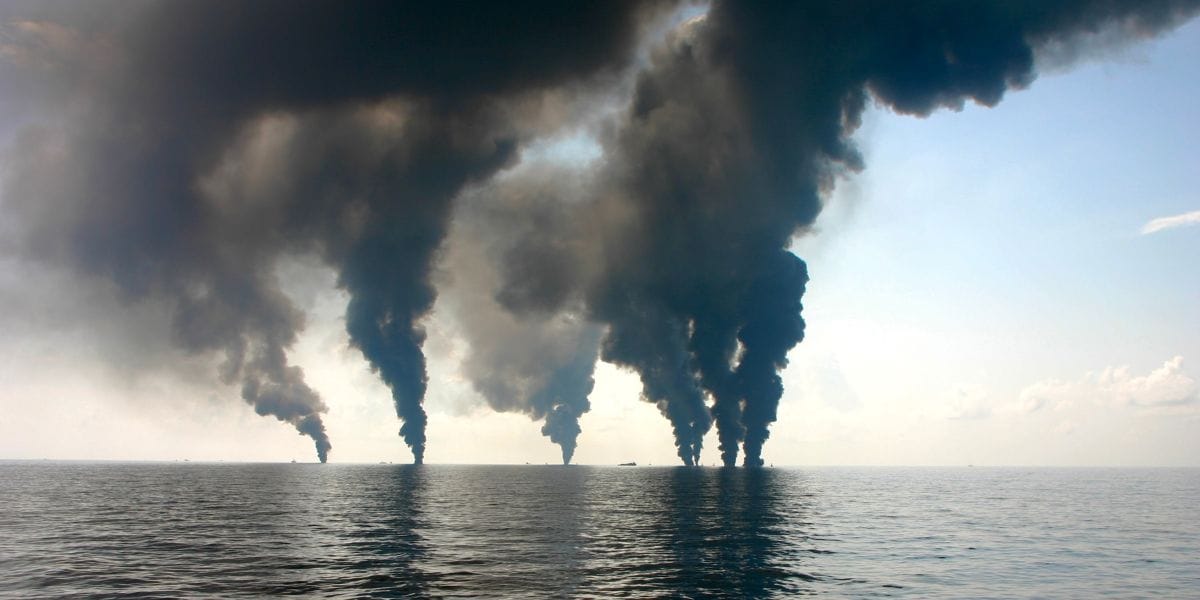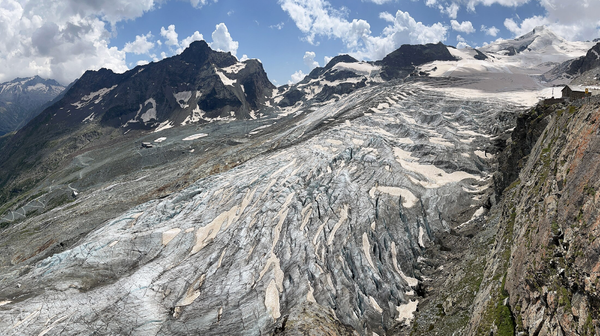Fossil Fuel Boosters Will Keep Trying to Speak Their Version of the Future Into Existence
The lemonade stand owner releasing a report on the increasing demand for lemonade is, at best, wishful thinking, and at worst, active market manipulation.

Please sign up and subscribe to support independent writing and reporting on science, politics, and policy. This post is free so feel free to share widely.
This week, global consulting behemoth McKinsey released the 10th version of its "Global Energy Perspective," an analysis of where the world's energy picture stands and where it is heading. You'll never guess what they found.
"Fossil fuels are projected to retain a large share of the energy mix beyond 2050," the report declares. Specifically, the company whose "controversies" subheading on Wikipedia includes bits on its role with Enron, the 2008 financial crisis, and the opioid epidemic says fossil fuels will account for as much as 55 percent of the global energy mix at mid-century. That's a drop from the 64 percent today, but it is notably higher than previous versions; in fact, just two years ago they were expecting a fossil fuel peak by 2030, and now it is pushed back to somewhere before 2035.
To be fair, less compromised projections also have fossil fuels maintaining a distressingly central role well past the point where the world has collectively agreed to decarbonize entirely — but they sometimes disagree with McKinsey on the scale, and they also tend lay out ways to avoid that fate. The International Energy Agency's most recent World Energy Outlook had coal, oil, and fossil gas demand all peaking before 2030; they also publish a specific roadmap to reach net-zero emissions by 2050.
But companies that make their living on the continued use of fossil fuels are incentivized — and, in recent months, emboldened — to loudly proclaim their continued necessity even in the era of exploding renewable energy and electrification. The backtracking off the post-Paris Agreement momentum has been furious the last few years — just for example, after hundreds of financial giants formed the Glasgow Financial Alliance for Net Zero and the Net-Zero Banking Alliance in 2021, there was a hint that global capital would point us away from a dirty future. Just three years later, big banks started exiting the NZBA in droves — first the six biggest American banks, then Japanese banks, then more giants like Barclays, HSBC, and UBS. By the end of August of this year, the NZBA issued a press release to announce it had "paused its ongoing activities" while remaining members could vote on a restructured plan for the future.
Oil companies themselves have all but abandoned their few years of green pretense and gone back all in on finding more and more oil and gas; and in reality, McKinsey's projections don't differ all that much from, say, ExxonMobil's. And why would they? As The Guardian detailed about a year ago, McKinsey has worked with two-thirds of the companies responsible for 80 percent of all CO2 emissions over the past decade, including Exxon as well as Chevron, BP, and Saudi Aramco. It has even been accused of trying to push for its fossil fuel clients' interests behind the scenes at international climate summits.
McKinsey has long claimed that it works with the biggest polluters because they will need help trying to decarbonize. This loses a bit of luster, though, as those companies abandon plans to do so at all. And even back in 2021, when an internal analysis showed that their clients were not on track to match global climate ambitions, none of the consulting firm's senior staff had the stomach to "push the effort forward."
There is a push-and-pull between big, influential entities offering "analysis" of the future of energy and the policies that those entities put in place. Obviously there are realities to global energy use that do not vary at a company's public statement or prediction, and as things stand McKinsey may well be in the ballpark on where energy use is heading — but the more those statements insist that we will need more fossil fuels for far longer than the climate can reasonably tolerate the more that position takes up permanent residence at the center of the Overton Window. The lemonade stand owner releasing a report on the increasing demand for lemonade is, at best, wishful thinking, though if it happens to be a hot and sunny day it might also be correct; at worst, though, it is active market manipulation. And if the lemonade in question helps destroy the world and the stand owner's Wikipedia page has a multipart subsection called "Government corruption scandals" it may be a good idea to take their projections with an enormous grain of salt.




